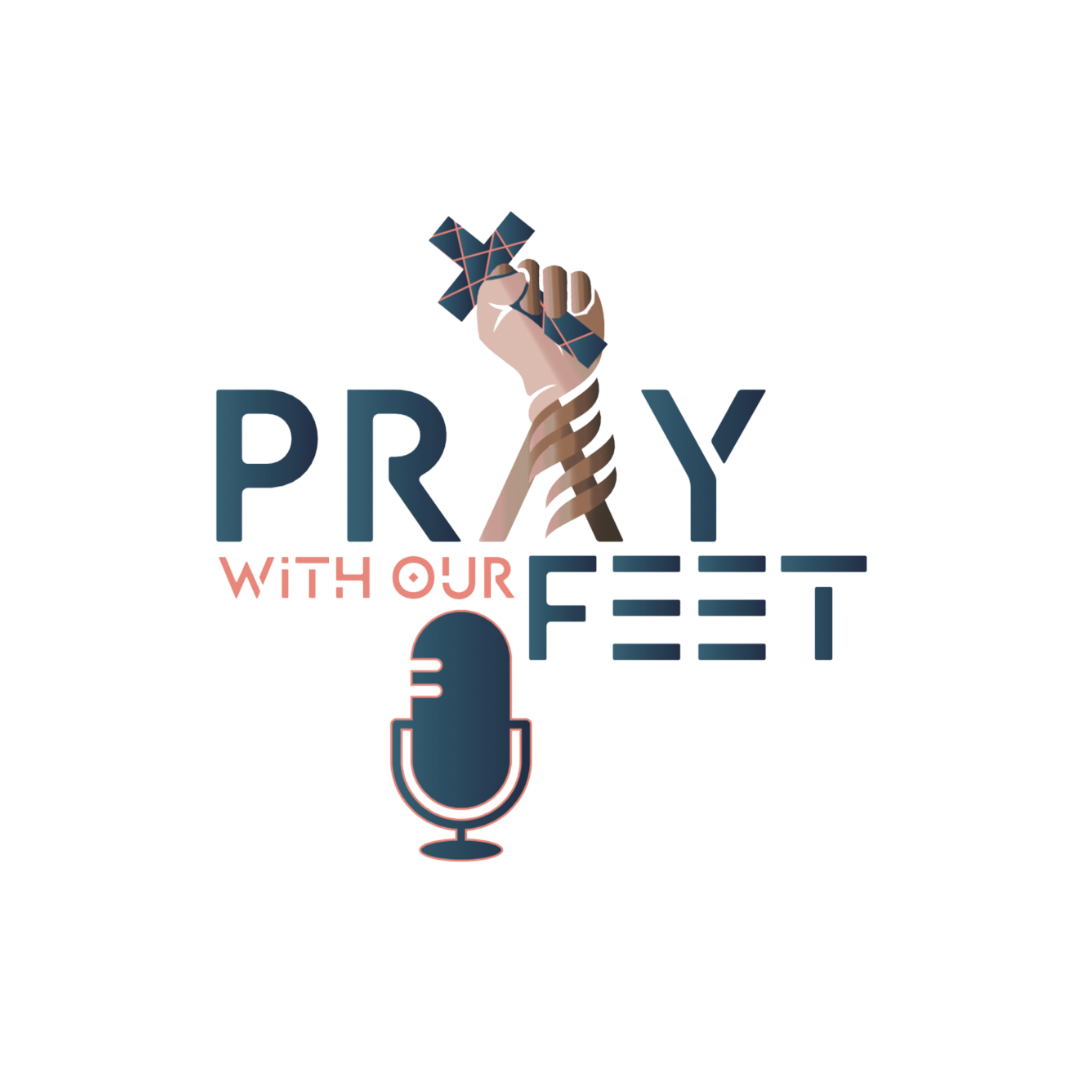Black August and Collective Liberation
Photo Credit: Clay Banks, Unsplash
Black August is an annual observation that honors the lives of incarcerated Black liberation leaders.
Leaders of this movement include George Jackson, a prominent writer and intellectual, alongside his brother Jonathan P. Jackson and others who rebelled against the prison industrial complex, such as W.L. Nolan, Khatari Gaulden, James McClain and William Christmas.
Black August is also a time to recognize and study several historical events for Black Americans: the arrival of the first enslaved Africans in 1619 to the British colony of Virginia, Nat Turner’s Rebellion (August 21-23, 1831), Emmett Till’s brutal murder (August 28, 1955), the March on Washington (August 28, 1963) and Watts Rebellion (August 11-13, 1965), alongside the births and deaths of radical thinkers such as James Baldwin, Fred Hampton, Marsha P. Johnson, Marcus Garvey and Toni Morrison.
Founded in 1979 after the assassination of George Jackson on August 21,1971, in San Quentin State Prison, Black August centers remembrance, reflection and resistance against the dominance of racism and white supremacy.
Throughout the month, several core areas of action are emphasized: studying (through political education), training (dedicated time for daily exercise), fasting (abstaining from food, television, unnecessary purchases, alcohol and drugs) and fighting ongoing oppression which attempts to decimate Black communities.
“Settle your quarrels, come together, understand the reality of our situation, understand that fascism is already here, that people are already dying who could be saved, that generations more will live poor butchered half-lives if you fail to act. Do what must be done, discover your humanity and your love in revolution,” Jackson writes in Soledad Brother: The Prison Letters of George Jackson.
A second book, Blood in my Eye, was finished only days before his death. Both books are considered classic texts in the movement for Black liberation and the ongoing work to dismantle the prison industrial complex.
Jackson pled guilty (under the advice of his public defender) to stealing $70 from a Los Angeles gas station and was sent to prison in the early 1960s. He would spend the remainder of his life incarcerated, with seven of those years in solitary confinement.
Despite these dire circumstances, Jackson transformed from within – embracing racial and political consciousness. He developed a friendship with another prisoner, W.L. Nolan, who shared the ideologies and writings of Lenin, Mao and Frantz Fanon.
He later became a field marshal with the Black Panther party, recruiting other inmates for the organization, and co-founded the Black Guerilla Family.
“They positioned themselves as the prison arm of the Black Power movement with the express desire to organize not only for Black freedom, but to continue the revolutionary struggle of uniting incarcerated people across racial and ethnic barriers as one prisoner class with common interests,” writes sociologist Brittany Freidman, author of the forthcoming book, Born in Blood: Death Work, White Power, and the Rise of the Black Guerilla Family.
Not surprisingly, their activism would place them in direct conflict with prison leadership.
In 1970, W.L. Nolen, then transferred to Soledad prison, planned to file a lawsuit against its superintendent for the conditions within the prison and deliberate attempts on the part of staff to incite racial tensions. Not long after, Nolan was murdered by a prison guard.
“Days later, George Jackson (also now in Soledad Prison) and fellow radical prisoners, Fleeta Drumgo and John Clutchette, were accused of killing a different prison guard in retaliation for Nolen’s death. The three were put on trial and became known as ‘the Soledad Brothers,’” writes Joe Tache on Liberation School.
Attempting to free them, Jonathan P. Jackson, George’s younger brother, led an armed raid on Marin County Courthouse, taking hostages: Superior Court Judge Harold Haley, prosecutor Gary Thomas, and three jurors.
He demanded the immediate release of the Soledad Brothers. Shortly thereafter, he was gunned down in a shootout outside the courthouse.
One year later, before the Soledad Brothers trial could begin, a tower guard murdered George Jackson on August 21,1971, as he attempted to escape from prison. James Baldwin would later write, “No Black person will ever believe George Jackson died the way they tell us he did.”
We live in a nation that is continually at war with itself. Communities of color remain on guard from violent attacks within their neighborhoods, institutionalized racism, economic inequality, the school-to-prison pipeline and voter disenfranchisement.
According to a recent article in The New York Times, written not long after the mass shooting in Buffalo, New York, which targeted a grocery store in a predominately Black area: “Federal data shows that in the past decade, hate crimes against Black Americans, who make up 12.1 percent of the population, have far exceeded those reported against any other group, including biases based on a victim’s religion, ethnicity, or sexual orientation. According to the data, 20,084 instances of anti-Black crimes were reported over the past decade.”
Setting aside time throughout Black August for continued reflection strengthens our collective resolve to dismantle harmful systems bent on the destruction of Black bodies and spirits.
We are also challenged to learn about and advocate for political prisoners like Joy Powell and Mumia Abu-Jamal, and support organizations such as Movement for Black Lives and Malcolm X Grassroots Movement.
All are committed to building a world where Blackness is not tied to suffering and limitation but to freedom and thriving.
As believers, Christ urges us to disrupt oppressive systems, not defend them. I hear Fannie Lou Hammer’s words so clearly in this moment: “Nobody’s free, until everyone is free.”
Originally published by Good Faith Media, August 1, 2022

